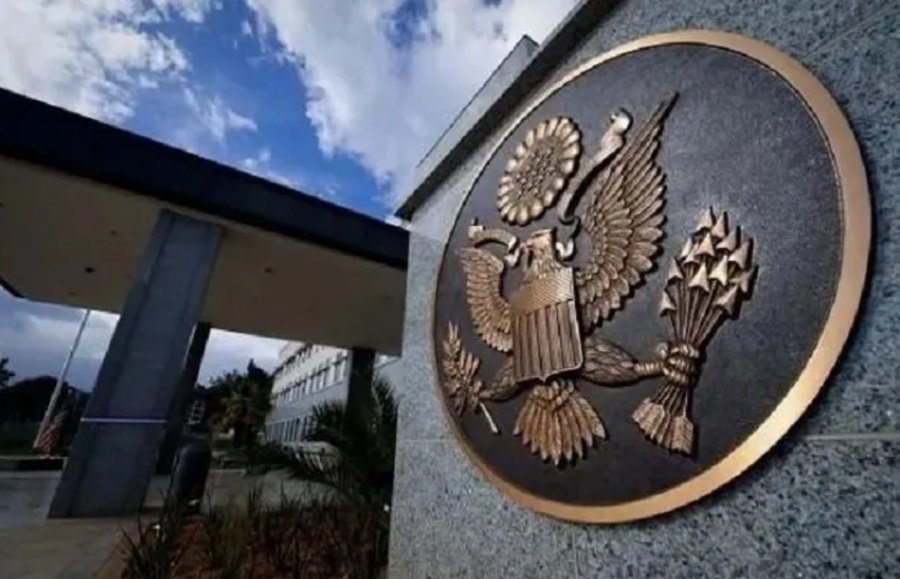
U.S. Embassy Addis Ababa
Addis Ababa, April 8, 2024 – International accreditation is essential for Ethiopian public universities as they transition to autonomous governance. Not only does accreditation assure students that their academic programs meet rigorous international standards, but it also opens new educational and economic opportunities for students because their educational backgrounds are recognized by international institutions and employers. For this reason, the U.S. Embassy in Ethiopia, in collaboration with Ministry of Education and Institute of International Education (IIE.org), held a workshop on April 4 and 5 in Addis Ababa to help public universities understand the process of accrediting their engineering programs.
As part the U.S. Embassy’s continued support for Ethiopian universities as they transition to autonomy, the Embassy’s Counselor for Public Diplomacy Naomi Fellows opened the workshop alongside Dr. Ebba Mijena, Director General for
Academic Affairs. The workshop was led by Dr. Firew Tegegne, former president of Bahir Dar University, and two former Fulbright and Ambassador’s Distinguished Scholars Program fellows, Dr. Samuel Lakew and Dr. Merone Lekhal. The workshop highlighted Bahir Dar University’s success in accrediting four of its engineering programs – the first Ethiopian engineering programs to be accredited by the Accreditation Board for Engineering and Technology (ABET).
Two U.S.-based international accreditation institutions, ABET and Association to Advance Collegiate Schools of Business, provided insight virtually on their accreditation processes for engineering and business programs respectively. Presidents, academic vice presidents, and deans from ten research universities joined the workshop with leaders from the Ministry of Education.
For 120 years, the United States and Ethiopia have partnered in health, agriculture and food security, science and the environment, and many other areas to improve the lives of all Ethiopians. This partnership is especially deep in the education sector where the U.S. government and U.S. universities have worked closely with Ethiopian universities since the 1950s. This includes the founding of Haramaya and Jimma agricultural colleges and the Gondar Public Health Institute under the U.S. government’s Point Four program, all of which have evolved into leading research universities with ongoing partnerships with U.S. universities.
__
Join our Telegram Channel : t.me/borkena
Like borkena on Facebook
Business Listing/Business Directory
Join the conversation. Follow us on X (formerly Twitter) @zborkena to get the latest Ethiopian News updates regularly. Ethiopia Subscribe to YouTube channel To share information or for submission, send e-mail to info@borkena.com
Thank you the USA for always focusing on the fundamental building blocks that would transform Ethiopia and lift her out of abject poverty. It is a shame that since the 1974 revolution, a virulent ideology subservient ideologues of the derg, the tplf/eprdf and now the oromumma/pp so called leaders, cadres and sycophants have hijacked the economic, political and cultural wheels of the Ethiopian people, and halted pragmatism, data driven policy devising and implementation.
The inevitable truth is since the mid 1970s, the brightest and more talented men and women in Ethiopia have eschewed government sector posts for the more lucrative, professionally satisfying and morally and conscience wise options that are free from political intimidation and behind the doors arm twisting politicized government posts. Unfortunately, this trend now has concentrated the despicable and politically charged government sycophants in nearly all positions across the country. Even worse, this disease now has also spread into the once venerated religious institutions of the country where the cadre class has infiltrated. The net result is moral decay,corruption, embezzlement and utter incompetence everywhere.
There will be a lot of house cleaning awaiting Ethiopians for decades to come.